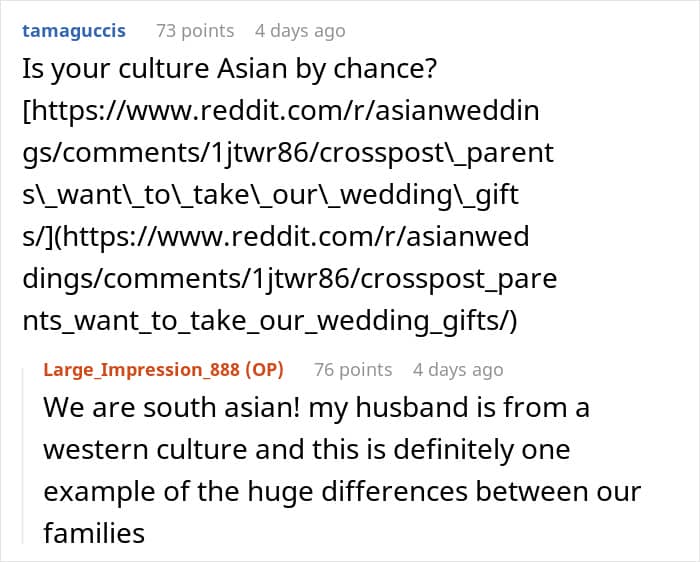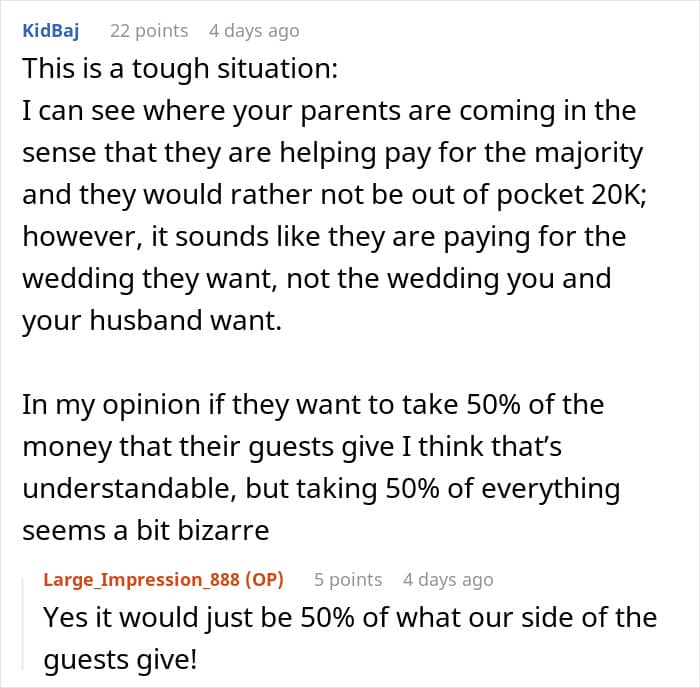If you’ve ever planned a wedding, you know it’s like trying to juggle flaming swords while balancing a teacup on your head, and if you haven’t, well… you’re about to find out why some newlyweds say eloping sounds better every day.
Today’s Original Poster (OP) is trying to navigate a wedding reception, and some pretty messy financial strings are attached. Caught between love, family expectations, and cultural traditions, she found herself stuck between pleasing her husband and her parents.
More info: Reddit
RELATED:Weddings, in particular, seem to bring out hidden expectations from who gets a say in the guest list to who feels owed something in return for their generosity

The author’s small and intimate wedding was paid for by her parents; however, she hopes to have a bigger reception in the coming year

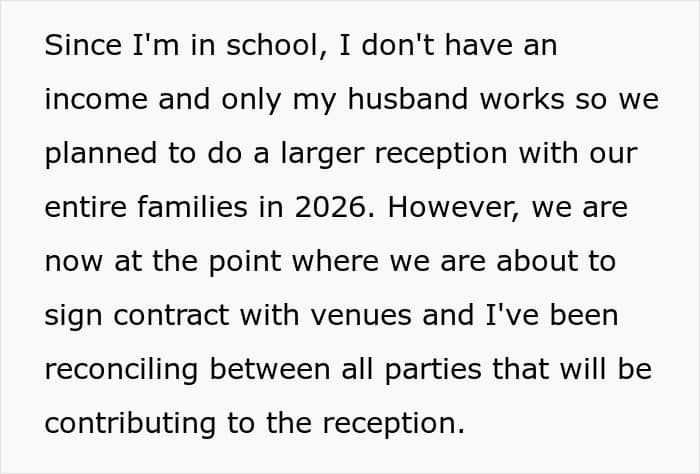
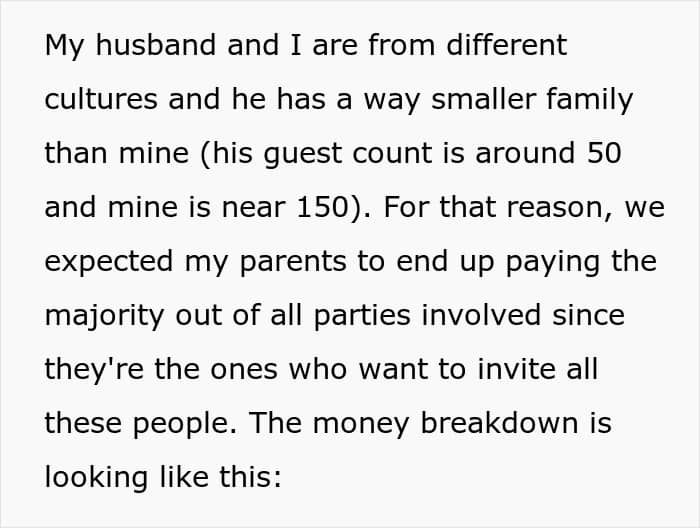


She and her husband come from different cultures, so her guests are looking to be way more than his guests, and because of this, her parents have to pay for part of the reception

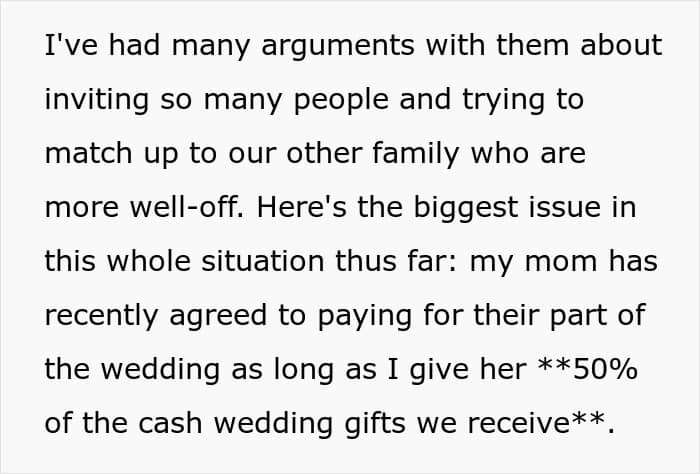


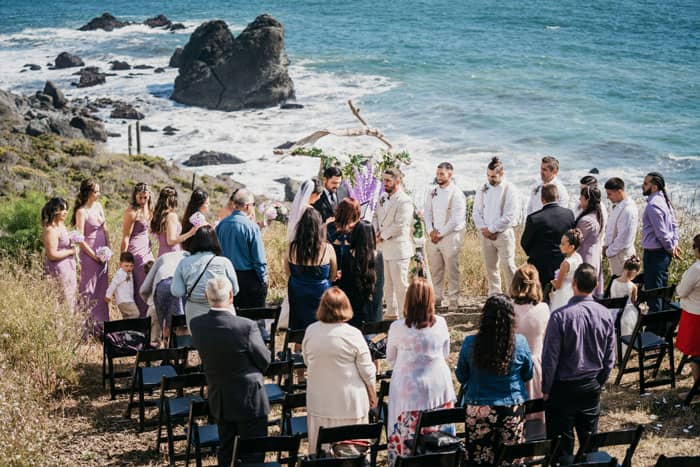
However, they would only accept it on condition that the new couple gives them half of the gifts they receive on the day




This left her husband feeling very upset because, according to him, a gift is a gift, and their behavior screams entitlement


The author, on the other hand, highlighted that giving her parents half of whatever she receives is a cultural thing and is something she has done since she was a kid
The OP and her husband tied the knot earlier this year in a small, intimate ceremony. With her parents footing the initial $4-5k bill, everything seemed smooth, but plans for a larger family reception in 2026 brought a new challenge: navigating who would pay for what and how much say each party would have in the celebration.
Because the OP and her husband come from different cultures, their expectations varied wildly. Her family expected to invite around 150 guests, while his side had about 50. As a result, her parents committed to paying a larger share, but on the condition that they receive 50% of the couple’s cash wedding gifts.
Growing up in her South Asian household, the OP was used to sharing gift money with her parents after big celebrations. However, her husband, raised with a very different cultural perspective, was shocked and offended by the idea because he saw wedding contributions as a gift.
Torn between understanding her husband’s view and sympathizing with her parents’ financial stress, she found herself stuck between two worlds. She pointed out that most of the cash gifts would come from her family’s guests, the ones her parents insisted on inviting. From that angle, giving them a share seemed fair; however, her husband believed it was still a disrespectful overstep.
To understand the potential financial risks associated with families contributing to wedding expenses, We reached out to financial expert Tofunmi Adeoye, who explained that couples should be mindful when families dip into savings or take on debt to fund the wedding.
She highlighted the potential long-term effects, including substantial repayment burdens and jeopardized financial security, and also noted that this situation can lead to strained family relationships, especially if family members feel resentment over the financial sacrifices.
“I believe that couples should also consider the opportunity costs. What other financial goals might be missed due to wedding expenses? It’s important to think about things like that.” Adeoye added.
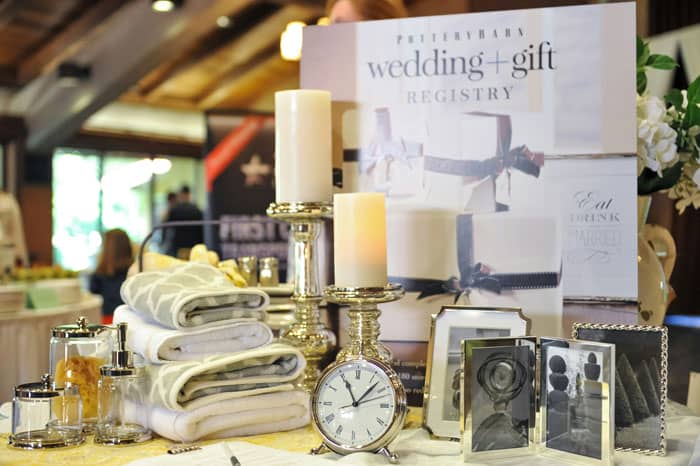
We then asked if it’s common for financial contributions from parents to lead to emotional obligations or conflicts, especially with issues like wedding gifts. She affirmed that this situation is quite frequent.
“When parents contribute financially, they may feel entitled to influence key decisions, and that would usually lead to tension between the couple and their families,” she explained. She also mentioned how this can strain parent-child relationships, sometimes even resulting in emotional manipulation or ultimatums, especially over how the wedding budget is allocated.
Finally, we inquired about strategies to prevent wedding expenses from negatively impacting a relationship, particularly when one side of the family has more financial influence, and Adeoye recommended several strategies for couples in this situation.
“Start by agreeing on a realistic budget that prioritizes what’s most important to both partners,” she advised. “It’s always very important to set clear boundaries with families about financial contributions so that everyone understands the couple has final say on decisions.”
She also emphasized the importance of reminding oneself that the wedding is about celebrating the couple’s union, not meeting family expectations. “Couples should avoid letting wedding planning overshadow their relationship,” she added, advising partners to stay focused on each other and their future.
Netizens criticized the parents’ actions, expressing that wedding gifts should belong solely to the couple. They also felt appalled that the parents would claim part of the gifts. Many suggested that the couple avoid accepting financial help from the parents altogether and scale back the wedding by prioritizing what they can realistically afford without outside pressure.
What do you think about this situation? Do you think it’s fair for parents to ask for a portion of wedding gifts if they help pay for the wedding? We would love to know your thoughts!
Netizens insisted that the author shouldn’t receive any financial help from her parents and just have a smaller celebration she could afford instead

